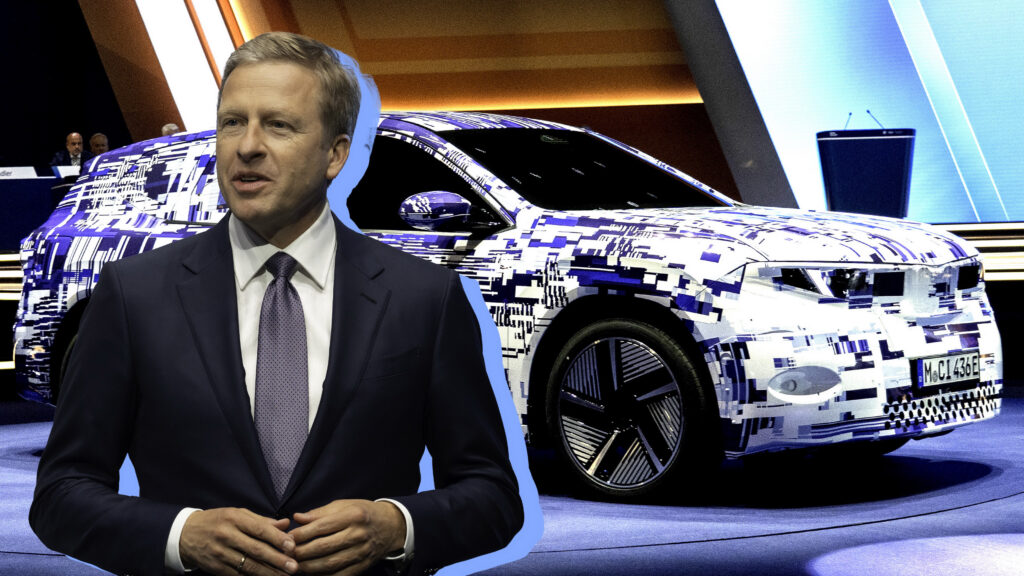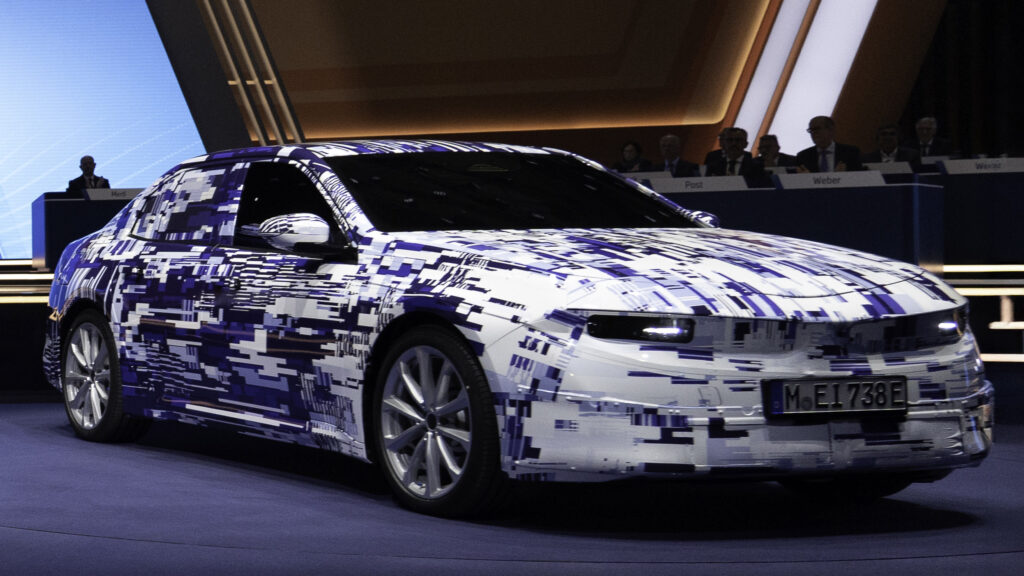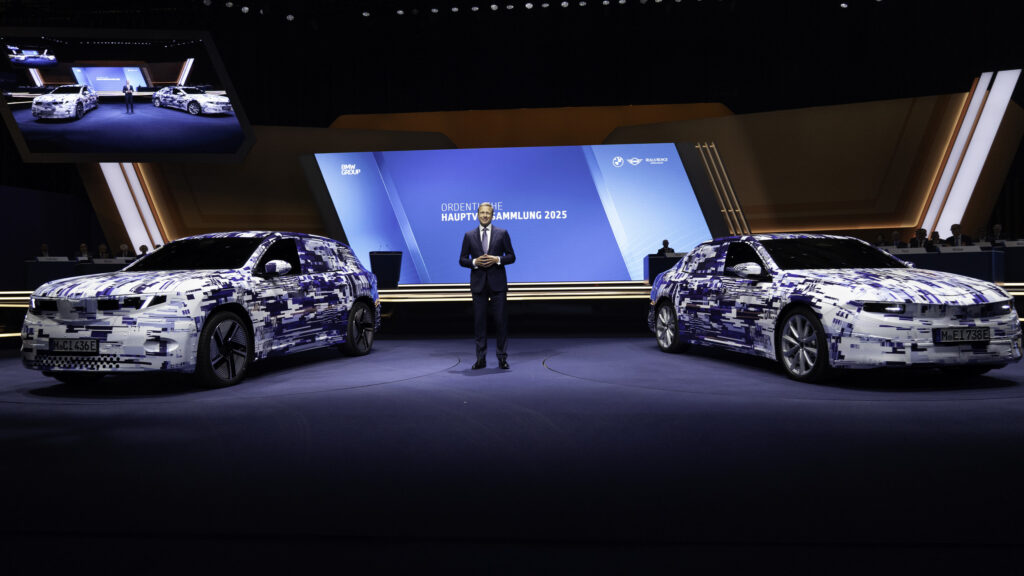BMW’s Strategy

BMW has always been known for its innovative approach to technology and luxury in the automotive world. Since its early days, the company has never shied away from pushing the boundaries of what’s possible on the road. These days, while other automakers might be rushing headlong into electric vehicles, BMW is taking a multi-faceted approach focused on a mix of internal combustion engines (ICE), hybrids, electric vehicles (EVs), and even hydrogen fuel cells. It’s a strategy that’s earning them both praise and criticism.
Powertrain Options

The German giant is adamant about continuing to produce a wide array of vehicles. This includes traditional gasoline and diesel options, hybrids, and a growing line of electrified models. It’s like BMW wants to have its cake and eat it too, by making sure there’s something for everyone in its lineup. This approach contrasts sharply with some competitors that have pledged to go entirely electric at a future date. Instead, BMW is playing the proverbial long game, betting on diversity rather than putting all their eggs in one electrified basket.
Electrified Vehicles

The proof is in the pudding as there’s rising demand for their electric and hybrid models. For instance, in the first quarter of this year, over a quarter of BMW’s sales were electrified models. This includes a good portion being all-electric vehicles. With plans for a hydrogen-powered vehicle developed with Toyota slated for 2028, BMW isn’t just looking at today; they’re planning ahead for years to come.
Driving Experience
Now, to talk about how these vehicles feel on the road. BMW has always been about the driving experience. Whether it’s behind the wheel of their latest electric offering or a traditional petrol model, the focus is consistently on performance, precision, and pleasure. The instant torque of the electric models provides a different kind of thrill compared to the throaty roar of an inline-six engine, but the essence—sharp handling, and top-notch build quality—remains unmistakably BMW.
The Market Impact
BWM’s market strategy seems to be resonating, with different regions displaying varying levels of acceptance of EVs. For example, in places like Belgium, generous incentives have led to EVs and hybrids making up over 60% of their market, whereas in Italy, they account for less than 5%. This showcases the importance of flexibility in market approaches, something BMW is capitalizing on by keeping multiple options at the forefront.
At this point, while it’s clear some automakers are scaling back their electric-only plans or facing challenges, BMW’s comprehensive strategy—or as their CEO Oliver Zipse might say, their ‘road less traveled’—could turn out to be a cruise in the fast lane toward sustainable long-term success.
Nissan N7 Hits China
Nissan's EV Shift
2026 RAV4 Unveiled
E30 BMW Pickup
Volvo Lidar Caution